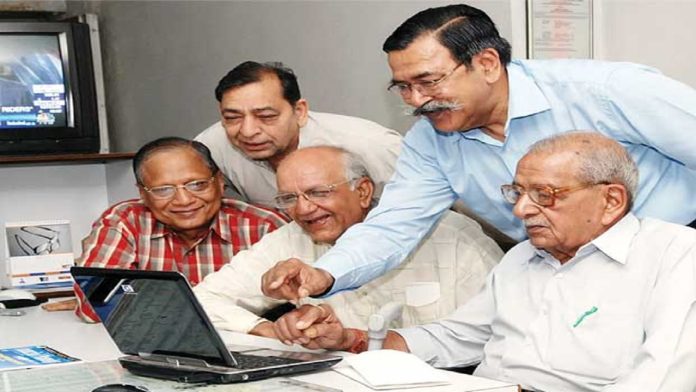The Central Government on Tuesday (March 28) increased the age limit of the Ombudsman of the Pension Fund Regulatory and Development Authority (PFRDA) from the existing 65 years to 70 years now. The role of the Ombudsman is to receive, consider and facilitate the resolution of complaints falling within the purview of the PFRDA Regulations.
These complaints could be issues such as delay in remittance of pension share to National Pension Scheme (NPS) accounts, even though the same has been deducted from the subscriber’s salary. Grievances should first be registered in the Centralized Grievance Management System (CGMS). If no solution is found, then complaints can be referred to the Ombudsman.
Pensioners can file an appeal to the Ombudsman in the following circumstances –
- If the grievance of a complainant is not resolved within 30 days of sending the grievance to the National Pension System Trust.
- The complaint is made directly against the National Pension System Trust and there is no other intermediary. Or else the complaint remains unresolved within the given period of 30 days.
- The Ombudsman may dismiss an appeal if in his opinion the appeal is frivolous. Or the appeal is not complying with the conditions laid down in the Regulation as per the norms of PFRDA.
PFRDA manages NPS
PFRDA manages the National Pension System (NPS). Any Indian citizen or Overseas Citizen of India in the age group of 65 to 70 years can join NPS and invest till the age of 75 years.
What is National Pension Scheme?
NPS was launched in January 2004 for government employees. In 2009 it was opened for all categories of people. One can make regular contributions to the pension account during his/her working life.
He can also withdraw a part of the accumulated amount in one go and use the remaining amount to get regular income after retirement. The NPS account grows with the investment of the person and the returns received on it. Central government, state government, private sector employees and common citizens can also invest in this scheme.













